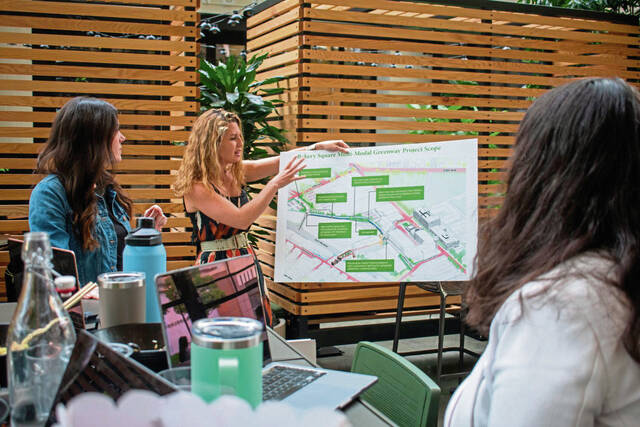Editorial: Workweek changes could be good for everyone
The five-day workweek is a concept that seems like it is knitted into the fabric of our culture.
Monday through Friday, 9 a.m. to 5 p.m. It’s the shorthand for what it means to be in business or to have a job. Weekends are the time we have to ourselves, and weekdays are for work or school — and it’s always been that way.
Except that’s not true.
While Sunday being devoted to church is a concept as old as our Puritan forbears, it’s still a concept less than 100 years old for most industries. The 1938 Fair Labor Standards Act created what we know today as the 8-hour workday and 40-hour workweek, cementing the idea of weekends.
But even with that, the idea that everyone works bankers’ hours has always been a myth. Even banks are open nights and weekends now. Factories have thrived on shift work forever. Hospitals cannot close at 5 p.m. Grocery stores and movie theaters, pizza shops and corner pubs all cater to people’s needs after the workday.
So we shouldn’t be surprised that in the aftermath of the pandemic, the workweek — and the workplace — are a little different than they were in 2019. Spending a full week in the office might never be the norm again.
More people could be working from home all the time. Maybe they will have hybrid schedules that allow collaborative work on some days and individual focus on others. Maybe people will be able to take longer vacations because a video call doesn’t have to be at your desk. Maybe the new week will be four days instead of five. The potential for significant change is out there.
It makes sense from a business perspective. If a company doesn’t need to provide a room for a person to work and the power for the lights and the computer and be responsible for a worker’s compensation injury if someone slips in the bathroom, why take on that risk?
It also makes sense from a human resources standpoint. All kinds of industries are having trouble recruiting people. If allowing employees to work from home at least part of the time is a viable option, it might make a job more attractive than a competitor’s offer without having to offer more money or other more expensive benefits.
And for many families, it might be the ideal solution to another chronic work hurdle: child care. Or, as the population ages, eldercare.
It isn’t a solution for every job, for every company or for every worker, but flexibility in how, when and where work can be done could be more than the lasting legacy of the pandemic. It could be a whole new way of looking at how we do business.
Remove the ads from your TribLIVE reading experience but still support the journalists who create the content with TribLIVE Ad-Free.

